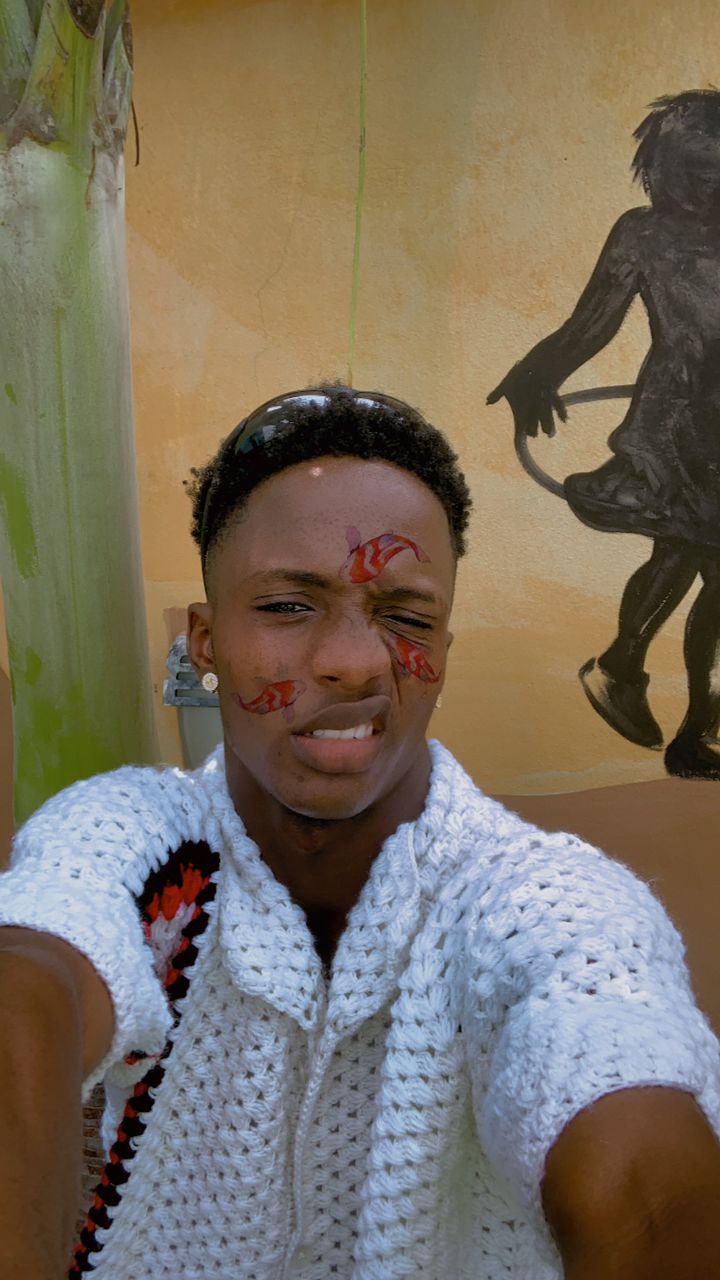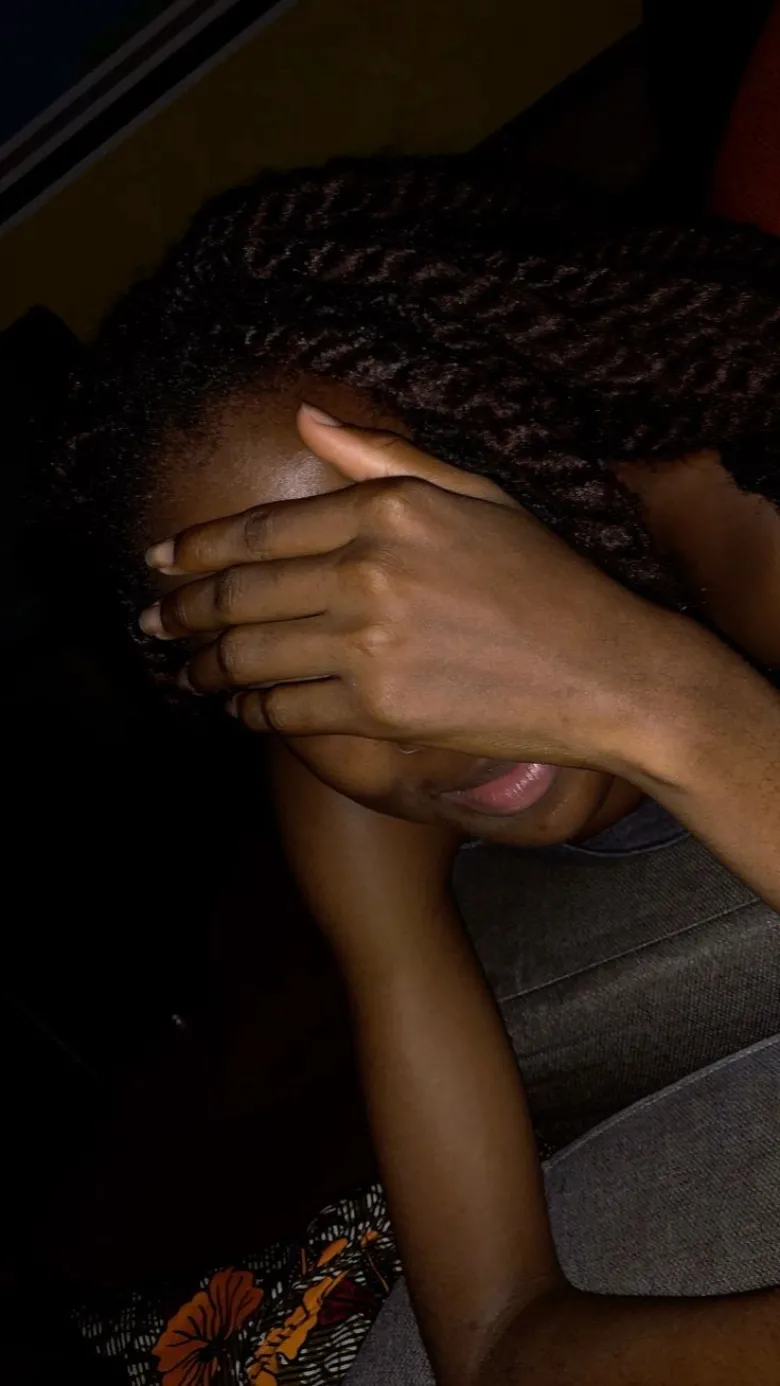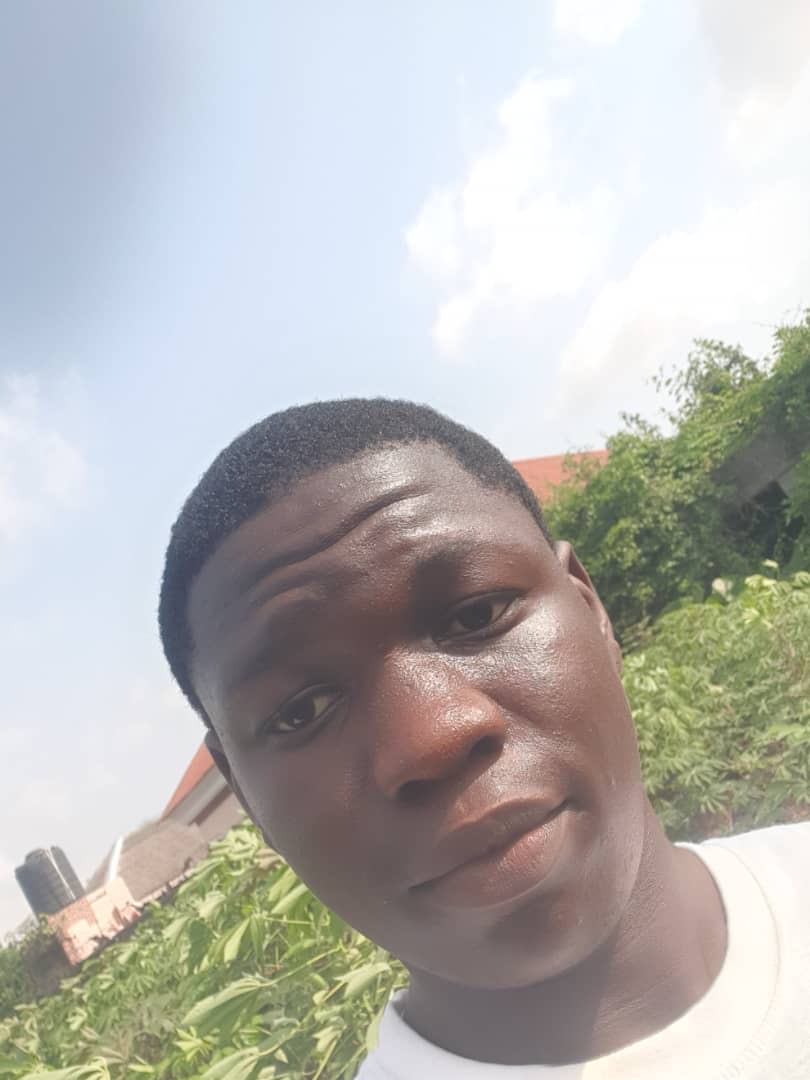With his head in her hands and his lifeless body hung upside down in the market square, Aisha stared at her butchered son, and for once, even a single teardrop couldn't find it's way out of her eyes. The situation was beyond crying. She had been crying and begging the abductors on phone call, but now, the crying is all over, not when she couldn't see him again.
These memories played through her mind as she held his photo 2 years after the incidence. His bright smile in his school uniform was a haunting reminder of what she had lost. The ruthless debt collectors had targeted her because of her ex-husband, Femi, a man whose reckless gambling had left them destitute. Femi had vanished, leaving behind a trail of unpaid debts and enemies.
The memory of finding his mutilated body hung upside down in the marketplace would never fade. The police investigation had gone cold, and the world had moved on, but Aisha’s pain festered, an open wound, reflecting each blood drop of his that flooded the market square.
Grief consumed her. At first, she withdrew, refusing to eat or sleep. But the raw anger that followed became a fire that refused to be extinguished. She vowed not to let Tunde’s death be in vain. She turned to advocacy, researching tirelessly about victims of violent debt collection and finding solace in shared stories of loss.
Through sheer determination, she founded *The Justice Initiative*, an organization aimed at helping victims like herself. At first, it was just Aisha, her laptop, and a small group of grieving families. They organized protests, wrote petitions, and pressured the local government to act. Slowly, her voice began to matter.
But behind the scenes, Aisha’s nights were sleepless. She often awoke in cold sweats, hearing phantom cries of her son. Therapy was a lifeline, though she resisted at first, dismissing it as weakness. Yet Dr. Hassan, her therapist, gently guided her through the labyrinth of her grief. "Tunde wouldn’t want you to drown in this pain," he’d said. "He’d want you to rise."
As time passed, Aisha began to channel her trauma into something transformative. She collaborated with lawyers, journalists, and activists, uncovering the illegal networks of debt collection that had claimed her son’s life. Her resolve strengthened when she found a witness willing to testify against the gang responsible.
The courtroom trial was grueling. Aisha faced the men who had taken her son, their eyes cold and devoid of remorse. But she didn’t falter. Her testimony was raw, filled with the heartbreak of a mother who had lost everything. When the verdict was delivered—life sentences for the gang leaders—she felt a bittersweet relief. Justice had come, but it couldn’t bring Tunde back.
Even after the trial, Aisha’s work didn’t stop. The Justice Initiative grew, helping families rebuild their lives. She became a public speaker, her story a rallying cry for change. "My son was taken, but his light remains," she often said. "And through his memory, we’ll fight for a world where no child suffers the same fate."
Years later, Aisha returned to the marketplace where her son’s body had been found. Instead of pain, she felt a quiet resolve. She lit a candle and placed it beneath a plaque commemorating Tunde and other victims. As the flame flickered, she whispered, "Rest easy, my boy. Your mom’s still fighting."









